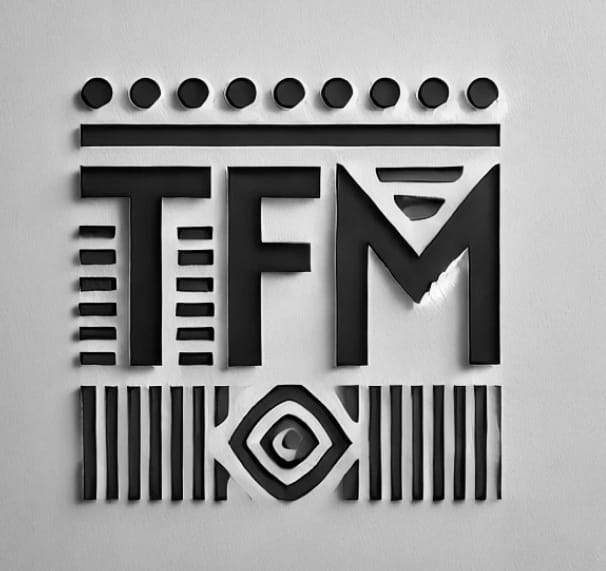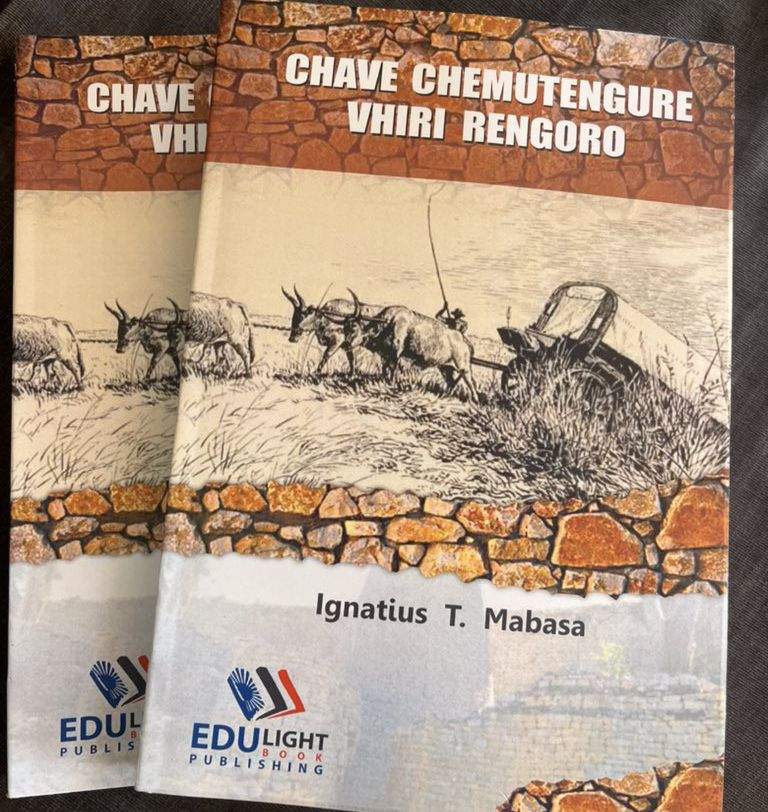Can ChiShona Be a Language of Science? A Vision for Linguistic Revival
This project is born from a philosophical inquiry into the role of African languages in shaping knowledge and innovation. If you're a linguist, educator, tech developer, or simply passionate about reclaiming indigenous voices, let's connect.
Background
ChiShona, like many African languages, functions today primarily as a lingua franca, a means of daily communication across communities. While its widespread use is culturally unifying, it lacks the technical vocabulary necessary for academic, scientific, and technological expression. This limitation is not a fault of the language, but a result of colonial and post-colonial neglect, where European languages were elevated as the only acceptable vehicles for modern knowledge systems.
Yet, a critical question arises: Was there an original African language, now buried or fragmented, that once carried the intellectual, scientific, and mathematical expressions of our ancestors? If so, could contemporary localization efforts uncover or reconstruct this lost epistemic infrastructure?
Rationale
Language is not merely a tool for communication; it is a vessel for worldview, identity, and systems of knowledge. By localizing modern terms into ChiShona, we are not simply translating, we are reclaiming the right to think and innovate in our own linguistic and cultural terms. This project seeks to bridge the gap between traditional linguistic systems and modern disciplines, ultimately fostering indigenous innovation.
Ignatius Mabasa first-ever ChiShona PhD thesis
Objectives
Map and archive existing ChiShona terms across communities, dialects, and specialist domains (e.g., farming, traditional medicine, architecture).
Investigate possible older registers or archaic versions of ChiShona and related Bantu languages to identify conceptual terms with scientific or philosophical utility.
Develop new terminology for science, mathematics, and technology, guided by indigenous knowledge systems and linguistic logic.
Collaborate with linguists, cultural elders, educators, and technologists to validate and adapt these terms into usable tools (e.g., school curricula, apps, learning platforms).
Build a living digital repository, an open-source platform accessible to teachers, students, researchers, and creators, to support local language innovation.
Methodology
Fieldwork in rural and urban communities to document linguistic use and idiomatic expressions
Oral history interviews with elders, traditional healers, spiritual practitioners, and historians to retrieve deeper layers of language and meaning.
Workshops and co-creation labs with educators, scientists, and linguists to coin or adapt technical terms.
Tech integration through app development or chatbot localization for real-world application and testing.
Expected Outcomes
A scientific and technical vocabulary framework rooted in ChiShona, validated by both tradition and modern utility.
A renewed linguistic confidence in indigenous expressions of knowledge and thought.
Increased educational access for students learning science and technology in their mother tongue.
A model for other African languages looking to reclaim their epistemic potential.
Conclusion
This project is not only about language, it is about restoring the dignity of African knowledge systems. By localizing ChiShona beyond casual speech and into the realm of innovation and inquiry, we assert that our languages are not relics of the past, but dynamic vehicles for the future.

